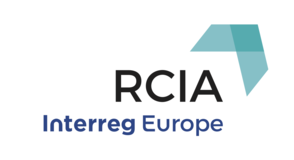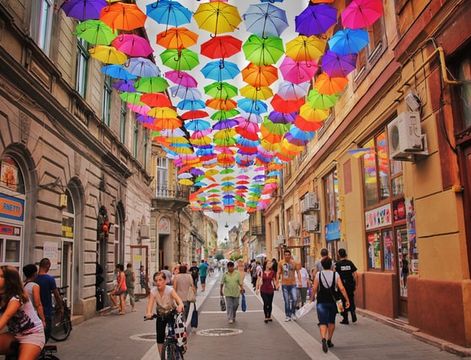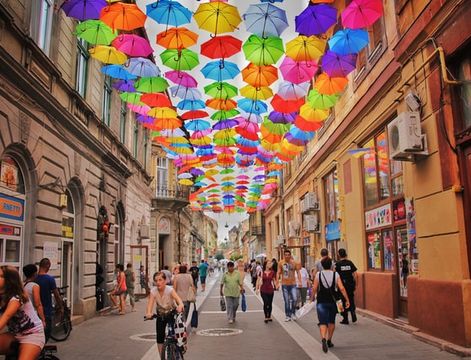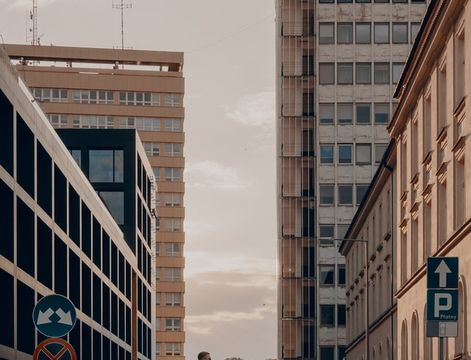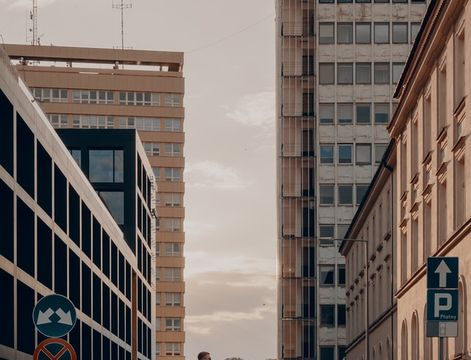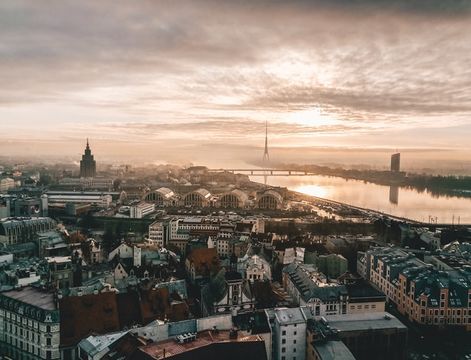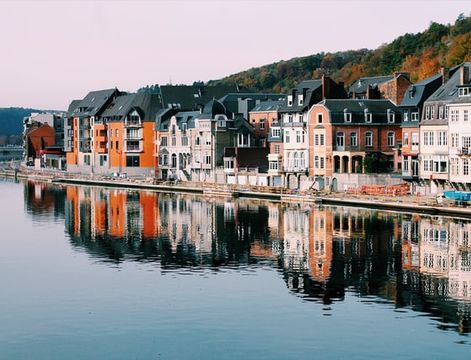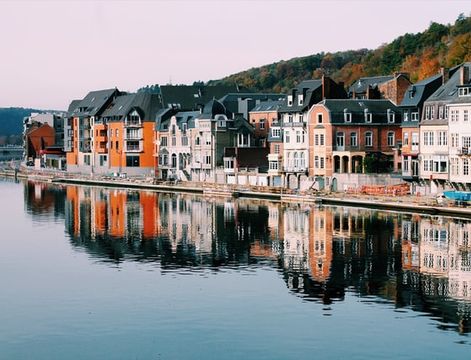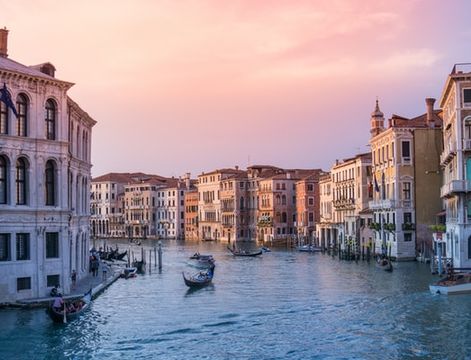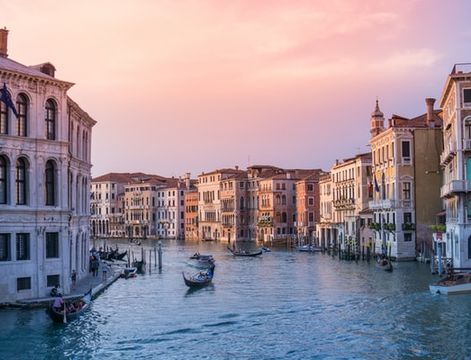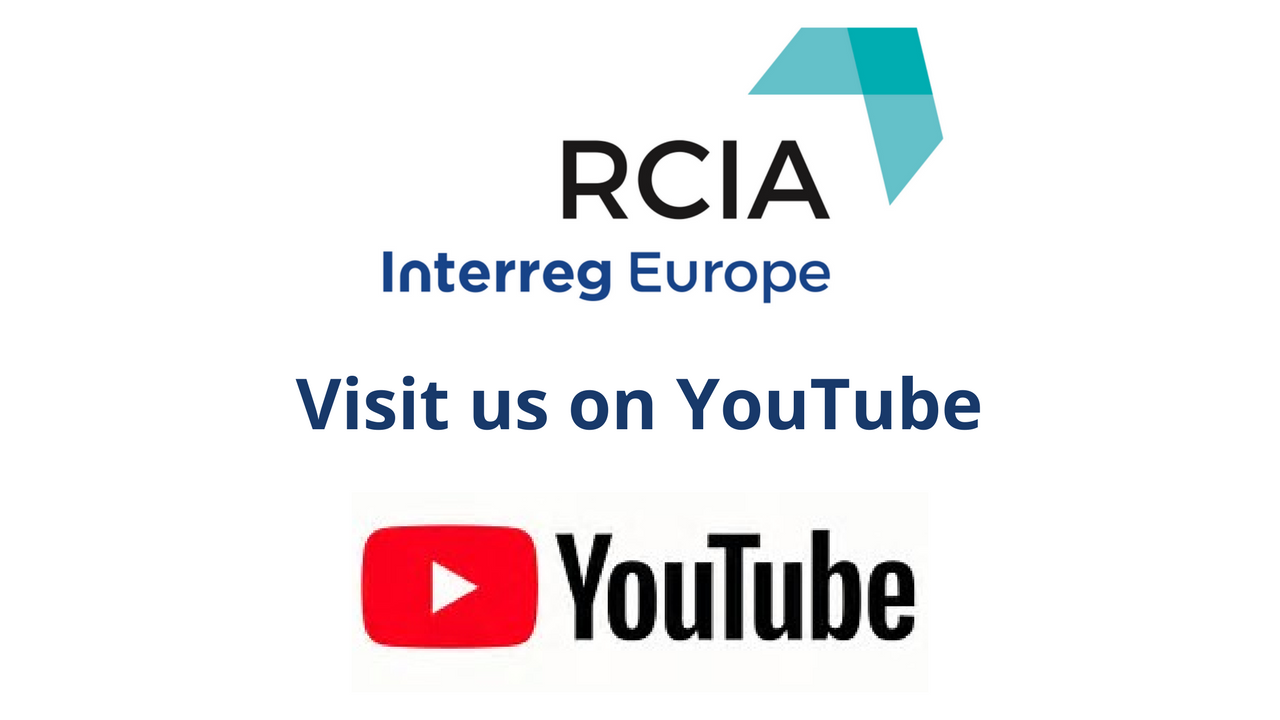Second Local Stakeholder Group Meeting in Wallonia
After a first local stakeholder group focused on the presentation of the objectives of the RCIA project and a mapping exercise to identify the (national, regional and local) actors that could help “personas” from various industries willing to benefit from the potential of creative industries, this second meeting on 14 November mainly addressed the good practices presented during the study visit in Lublin.
First, the Walloon stakeholder from the Creative Hub of Namur (BEP/TRAKK) that took part in this visit identified three measures of interest that were discussed more in depth with other stakeholders:
- The Creative Manifesto of Lublin : this manifesto could also be developed and co-created with the companies collaborating with the creative hub of Namur;
- The Connect Platform and measures supporting the acceleration of start-ups;
- The DEMOLA project in Latvia through which students from various disciplines can work on a challenge launched by a company, with a solution that could potentially be bought by the latter. A similar programme exists in Wallonia but more focused on engineers; big companies are also more keen to collaborate with universities than SMEs.
Second, the Walloon administration DGO6 (Directorate-General for Economy, Employment and Research) – partner of the RCIA project – presented the next study visits with information on strengths, sectors that are represented and needs of the RCIA partners in regards to practices in order for the stakeholders to “vote” for the one(s) they want to attend. Stakeholders were particularly interested in receiving the agenda of the visits in advance in order to better identify their input as possible participants, but also for those who won’t be able to attend the visit, to ask a detailed report on specific presentations of initiatives and good practices. They also welcomed the idea that the stakeholders participating in the study visit present the measures they found interesting; DGO6 also supported this approach as there is a true added value to have the opinion of actors acting “on the ground” from various backgrounds.
Finally, as the LSG meets only once a semester, it was suggested to meet on a more regular basis in order to debrief the study visits, during the inter-hubs meetings that would be enlarged for the occasion to all stakeholders. Moreover, stakeholders also discussed the opportunity to open the LSG to other Walloon actors in particular from the cultural, digital and media sectors.

